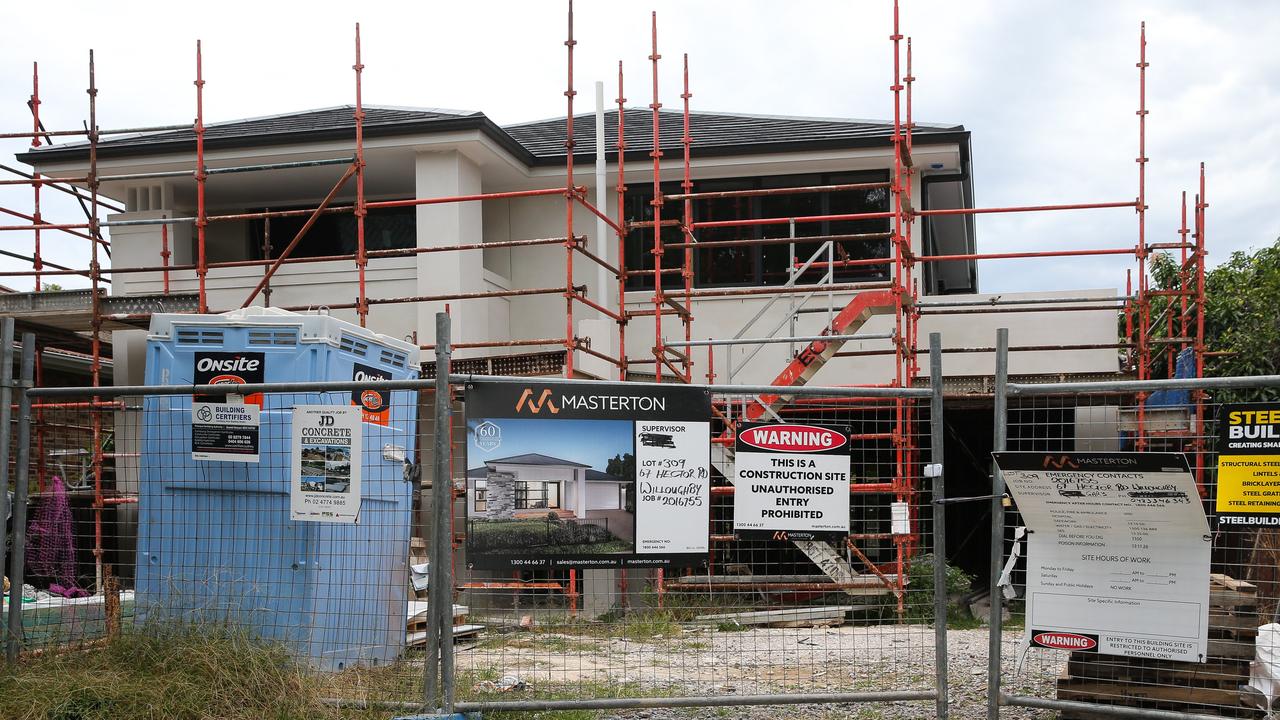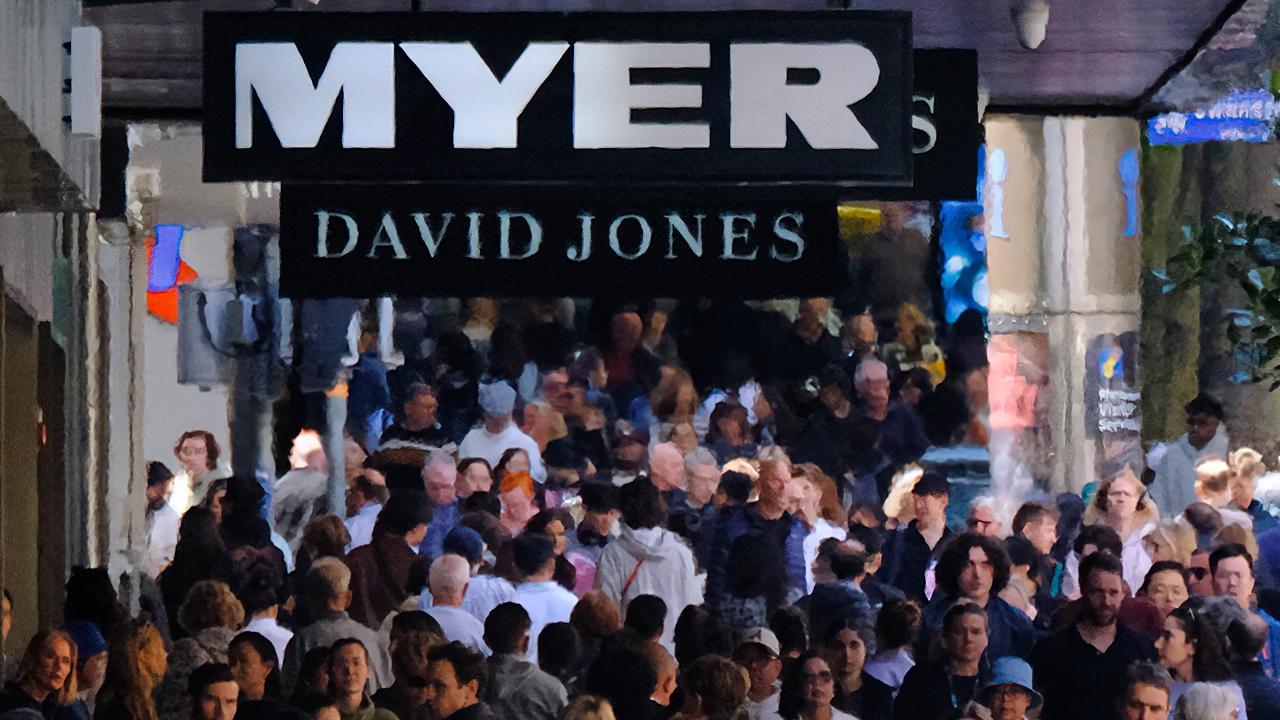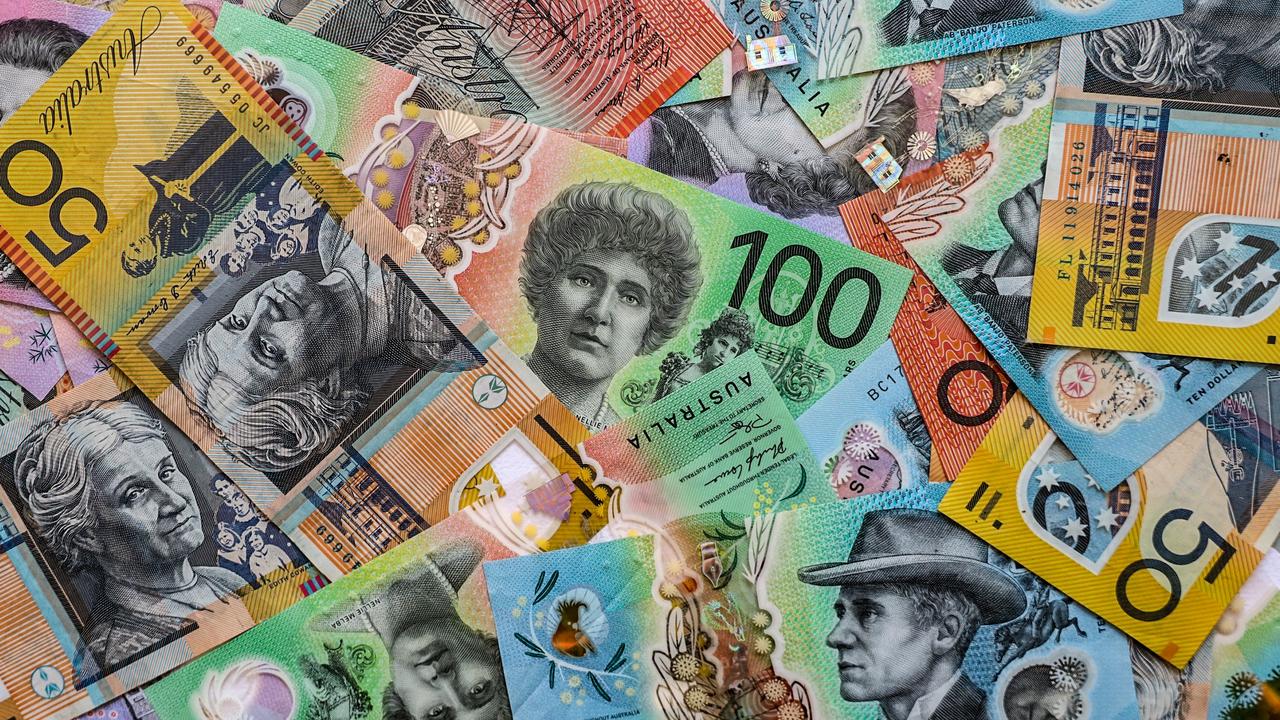Inflation rises at record pace
INFLATION is rising at its fastest rate on record as petrol prices reach fresh heights, a leading private sector indicator shows.
INFLATION is rising at its fastest rate on record as petrol prices reach fresh heights, a leading private sector indicator shows.
Economists say an interest rate cut by Christmas is now looking less likely, as price pressures persist.
The TD Securities-Melbourne Institute monthly inflation gauge showed headline inflation surging by 4.3 per cent in the year to April, after rising by 0.5 per cent in the month of April.
"This is the highest year-end figure in the five-year history of the gauge," the report said.
Annual inflation, as measured by the gauge, has been running at or above 4 per cent since February.
The level is also well above the Reserve Bank of Australia's (RBA) longstanding 2 to 3 per cent target.
TD Securities senior strategist Joshua Williamson said the high inflation numbers could jeopardise the chance of a rate cut in 2008.
"This is a truly shocking result," said Mr Williamson, who forecast a rate cut by December in an AAP survey of 19 economists last week.
"With inflation accelerating in April, we are tempted to change our view that the next move in Australian interest rates is down.
"Certainly a rate cut before year end is looking an increasingly remote possibility as inflation remains at a level well above the RBA's target."
Petrol prices climbed by 12.6 per cent in the year to April while rents were up 12 per cent in the same period.
The inflation gauge's trimmed mean measure rose by 4.3 per cent in the year to April, after climbing by 0.6 per cent in the month.
Underlying inflation, which excludes volatile items, was up by 3.9 per cent in the 12 months to April, after rising by a monthly pace of 0.5 per cent.
This annual core inflation reading has been above 3 per cent since June 2007.
Professor Don Harding, a co-creator of the inflation gauge, said price pressures were broadly based and were likely to continue unabated.
Headline consumer price index inflation grew by a seven-year high of 4.2 per cent in the year to March, Australian Bureau of Statistics data showed.
Core inflation, based on the RBA's preferred measures, was up by 4.25 per cent, its fastest growth pace since 1991.
The RBA board is widely expected to leave interest rates on hold at 7.25 per cent when it meets tomorrow morning.
The central bank's decision is due to be announced at 2.30pm (AEDT) tomorrow.



